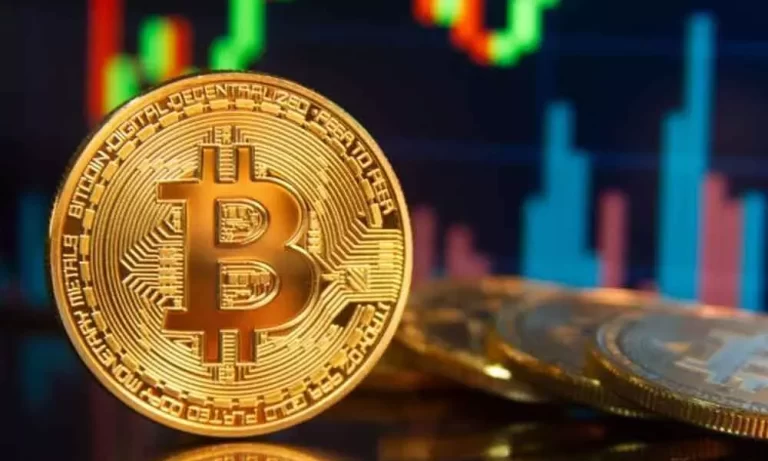
Safe-haven assets, such as gold and government bonds, are traditionally sought by investors during periods of economic instability in order to safeguard their capital. The rise of Bitcoin, sometimes called “digital gold,” has, therefore, ignited discussion on its possible function as a contemporary safe haven. Considering its volatility, relationship with conventional assets, and expert views, this paper investigates the qualities of Bitcoin and its performance during periods of economic instability to see whether it can really be deemed a safe haven. Cryptocurrency news frequently emphasizes Bitcoin’s price fluctuations, which raises debate about its safe-haven reputation.
Limited Supply and Decentralization
Its decentralized character is one of the main justifications for Bitcoin as a safe haven. Unlike fiat currencies governed by central banks and authorities, Bitcoin runs on a peer-to-peer network, free from state interference. During periods of economic crisis, when confidence in conventional financial institutions may fluctuate, this autonomy might be especially attractive. Moreover, Bitcoin’s set supply of 21 million coins produces scarcity, a quality shared with gold. Central banks cannot randomly raise this finite quantity, unlike fiat currencies, hence it is viewed as a possible insurance against inflation.
Fluctuation and Correlation:
Though it has attractive qualities, Bitcoin’s great volatility is still a major issue for its safe-haven status. Historically, Bitcoin’s price has seen significant and quick swings, sometimes surpassing those of conventional assets. Contrary to the basic goal of a safe haven, this volatility can rapidly deplete capital. Furthermore, the relationship between Bitcoin and conventional safe-haven assets like gold has been erratic. While others point to a low or even unfavorable link, others point to possible diversification advantages. But Bitcoin has sometimes exhibited a tendency to correlate with risk assets like stocks during times of severe market stress, hence reducing its safe-haven attractiveness.
Expert Views and Institutional Adoption:
Expert views on Bitcoin’s function as a safe haven are mixed. Some experts cite its tenacity amid particular market declines as proof of its developing position as “digital gold.” Increasing institutional use of Bitcoin, by more businesses and banks including it into their holdings, supports this perspective somewhat. Some, meantime, contend that during crises Bitcoin is not a consistent store of value because of its speculative character and legal ambiguity. They argue that older track record of stability of conventional safe havens like gold makes them more appropriate for wealth preservation.
Although Bitcoin’s great volatility and erratic association with conventional safe-haven assets cause questions, its extreme volatility and limited supply fit the idea of a safe haven. Cryptocurrency news will keep an eye on Bitcoin’s performance amid unstable economic conditions to determine its changing function in the financial scene.







